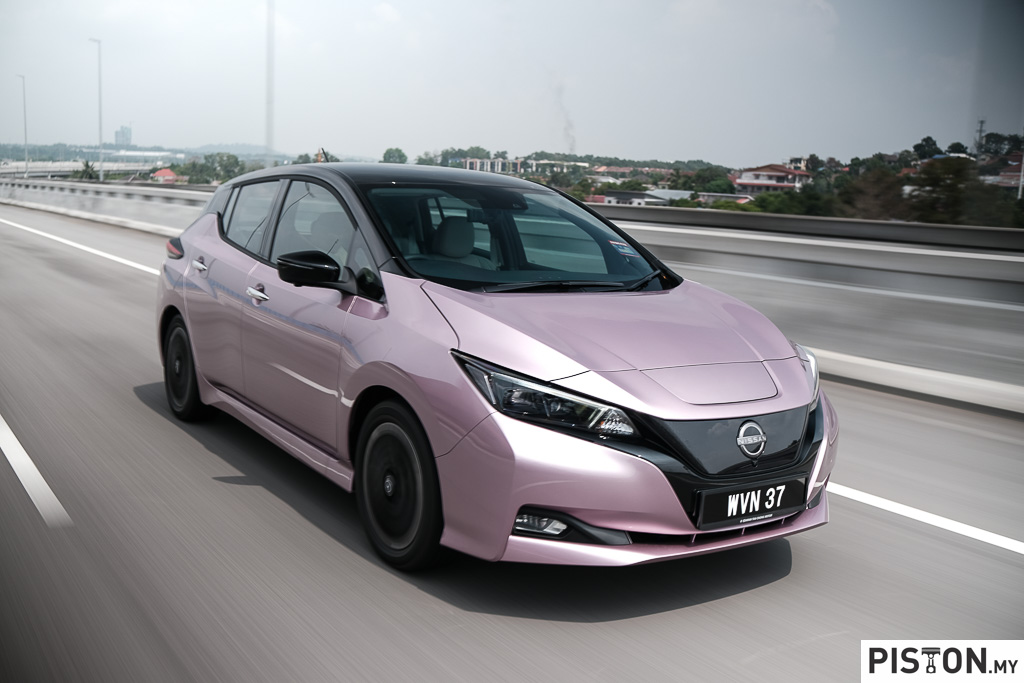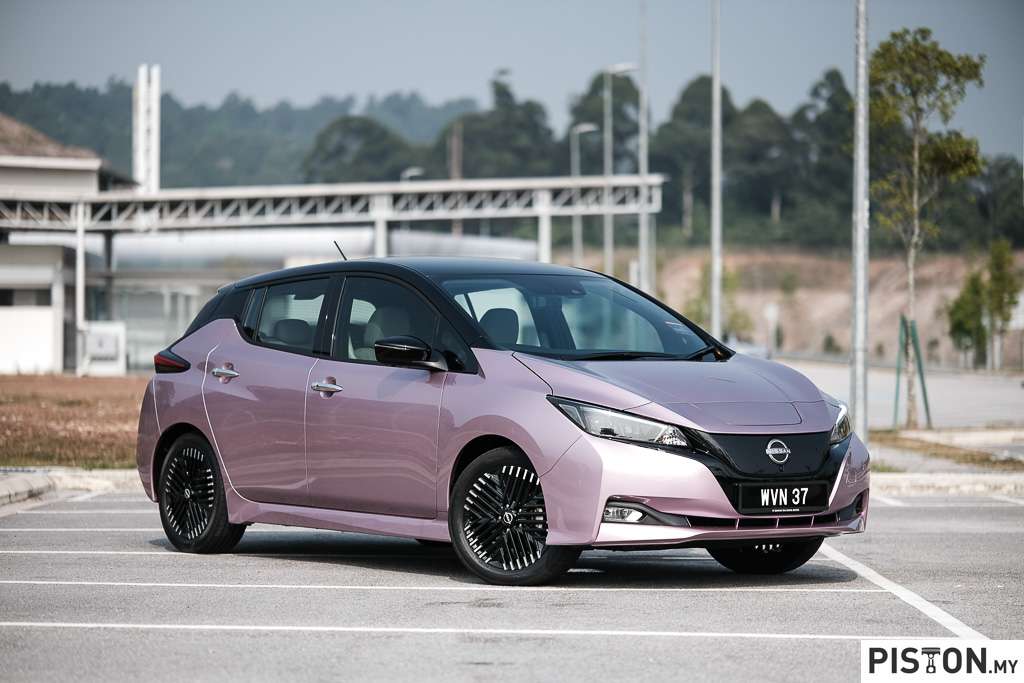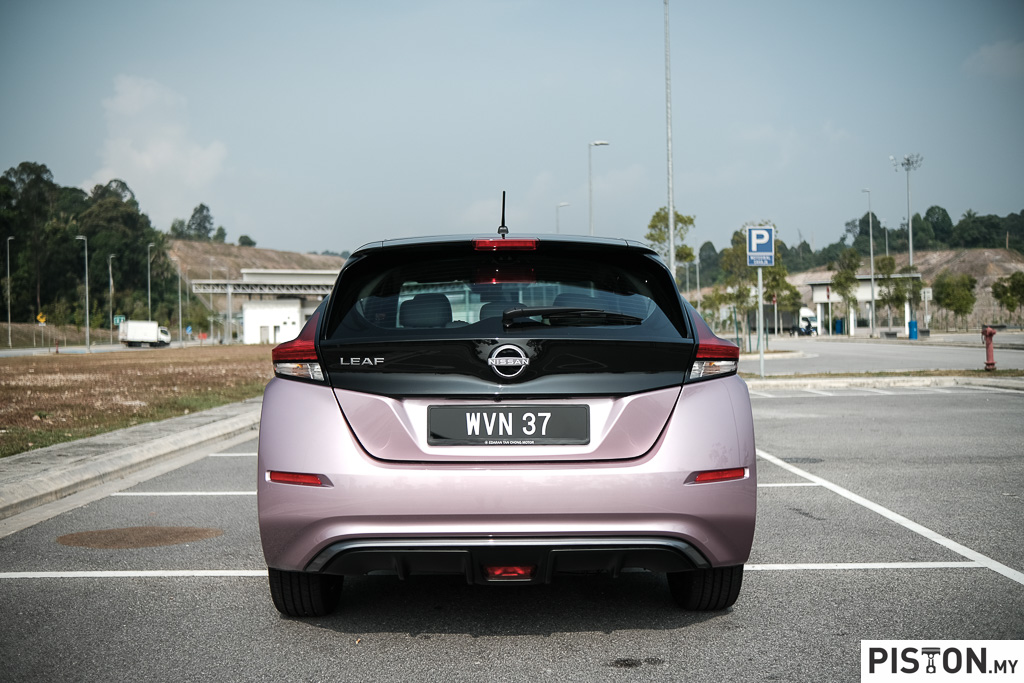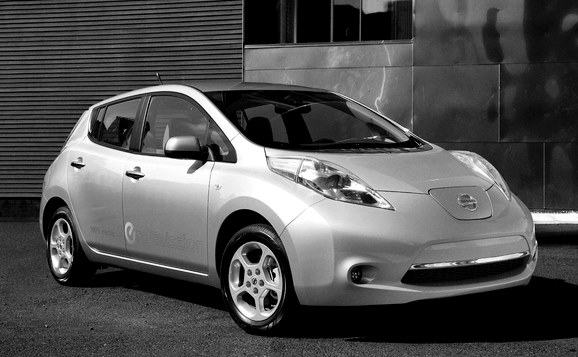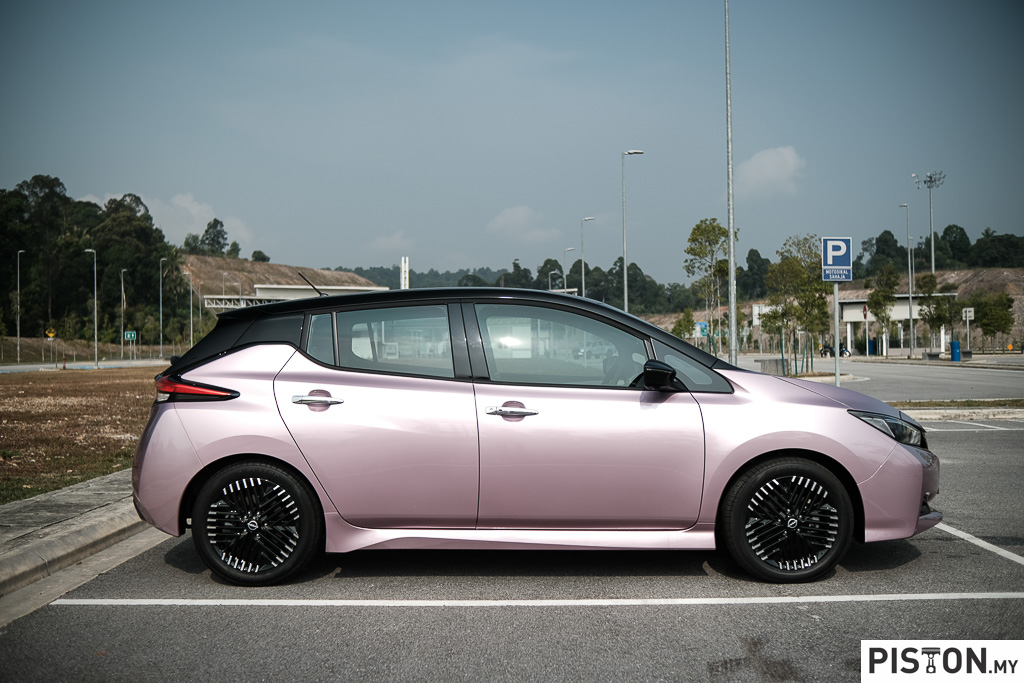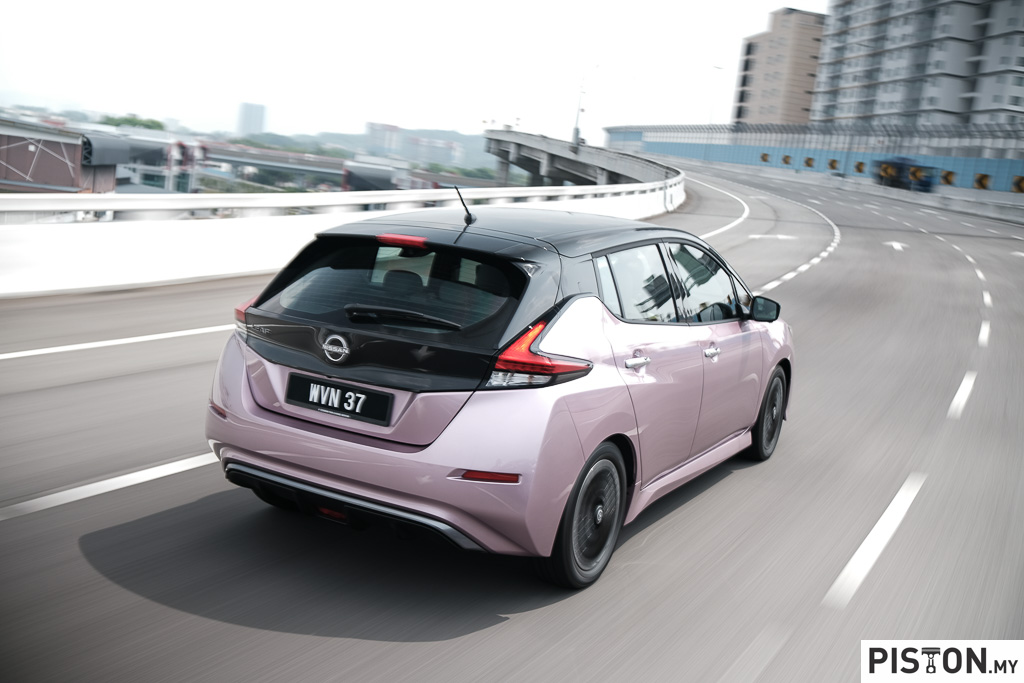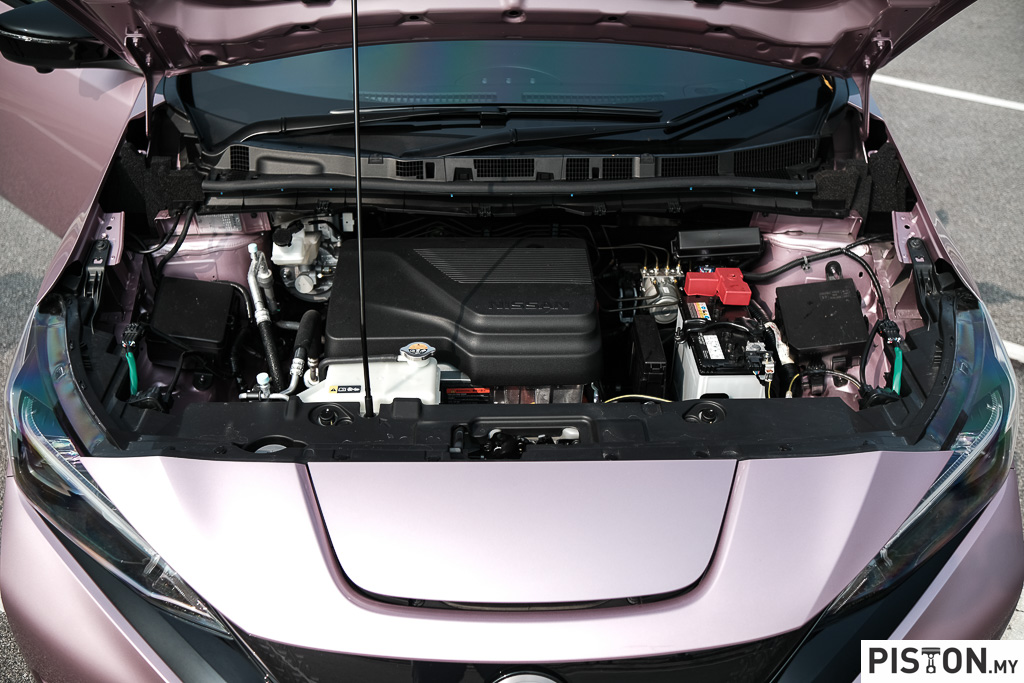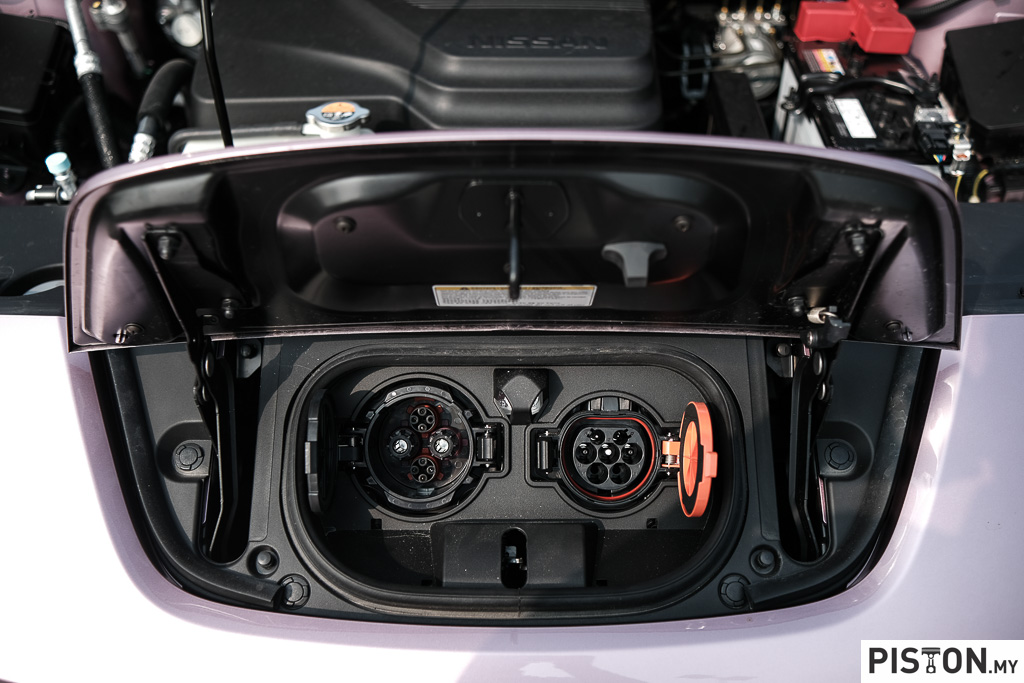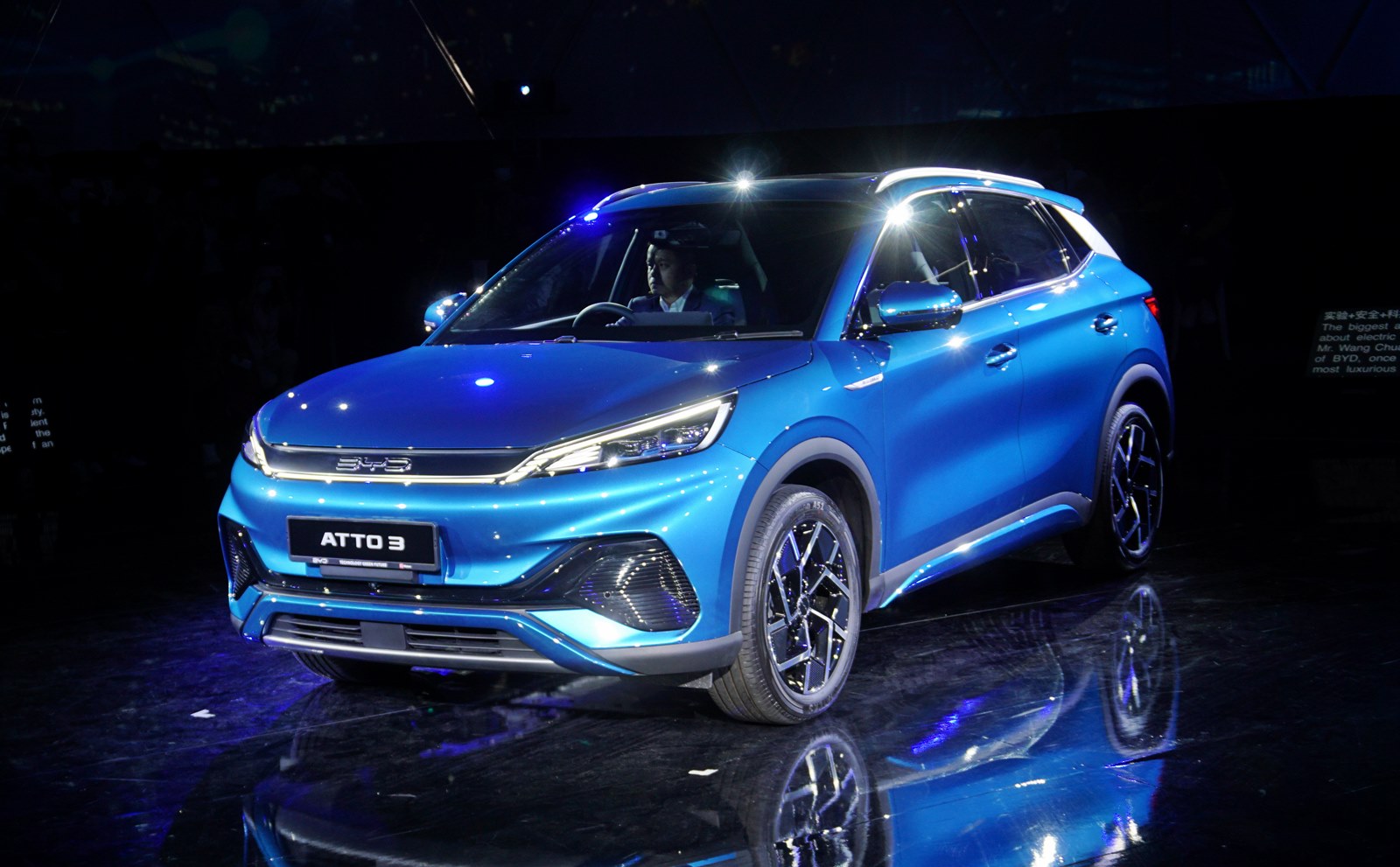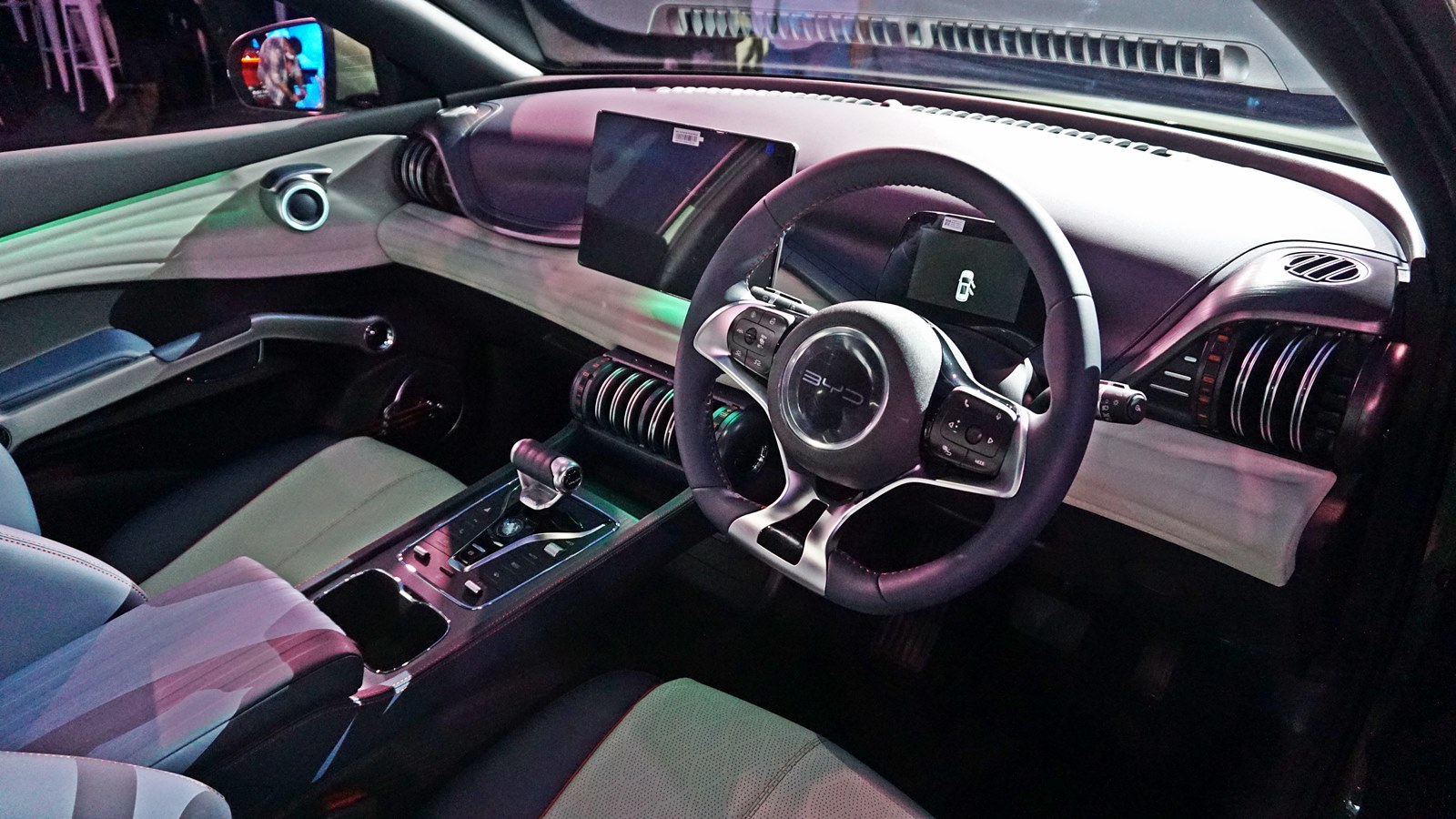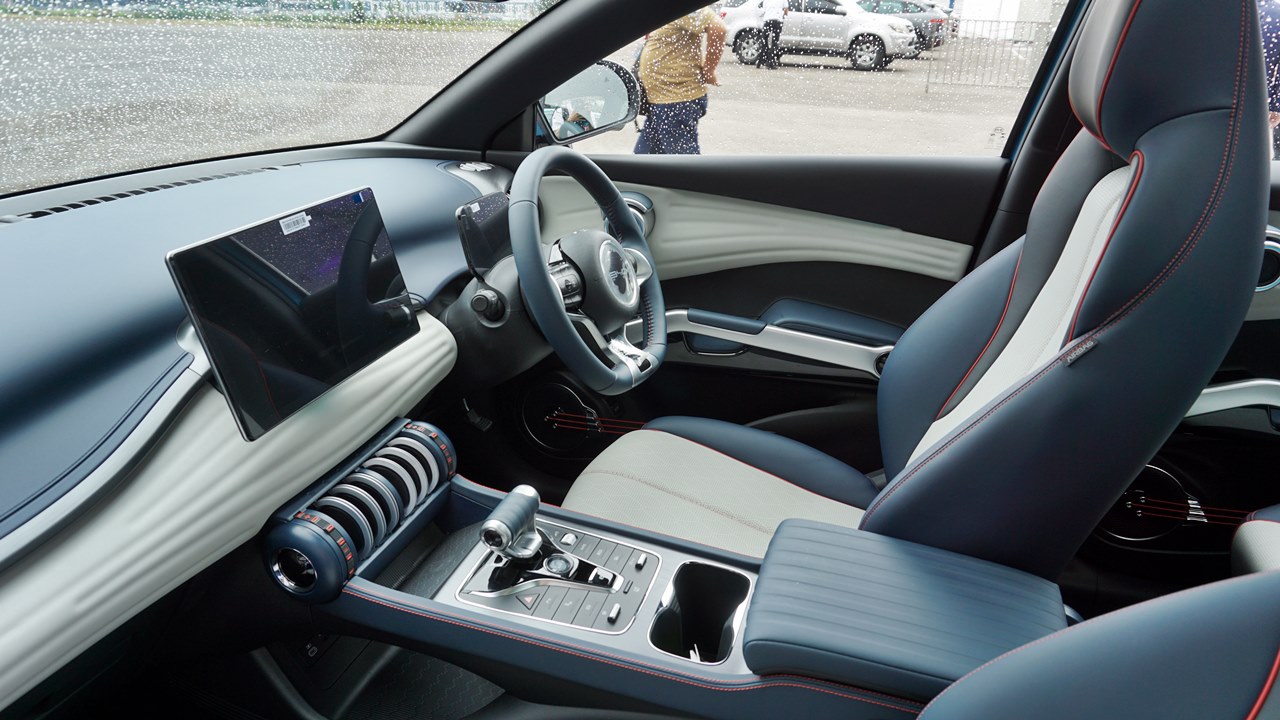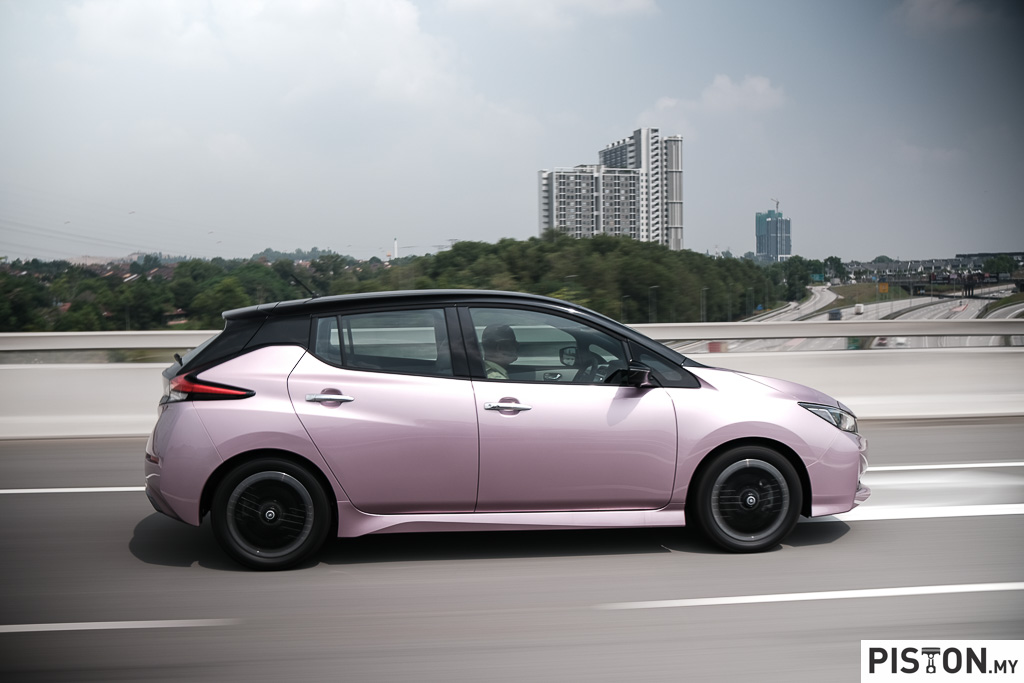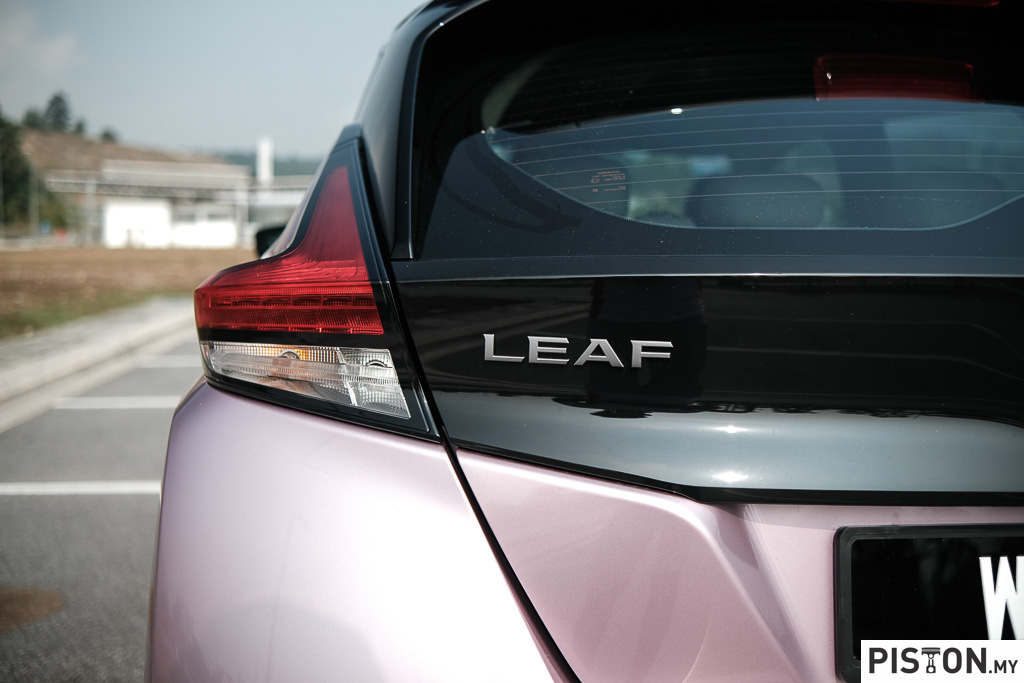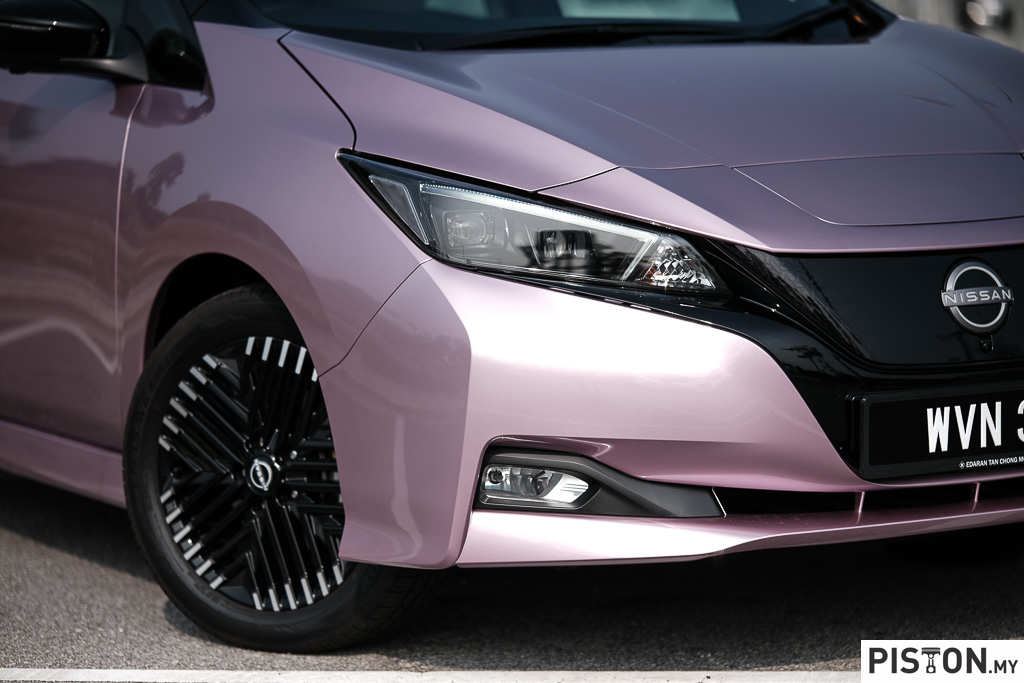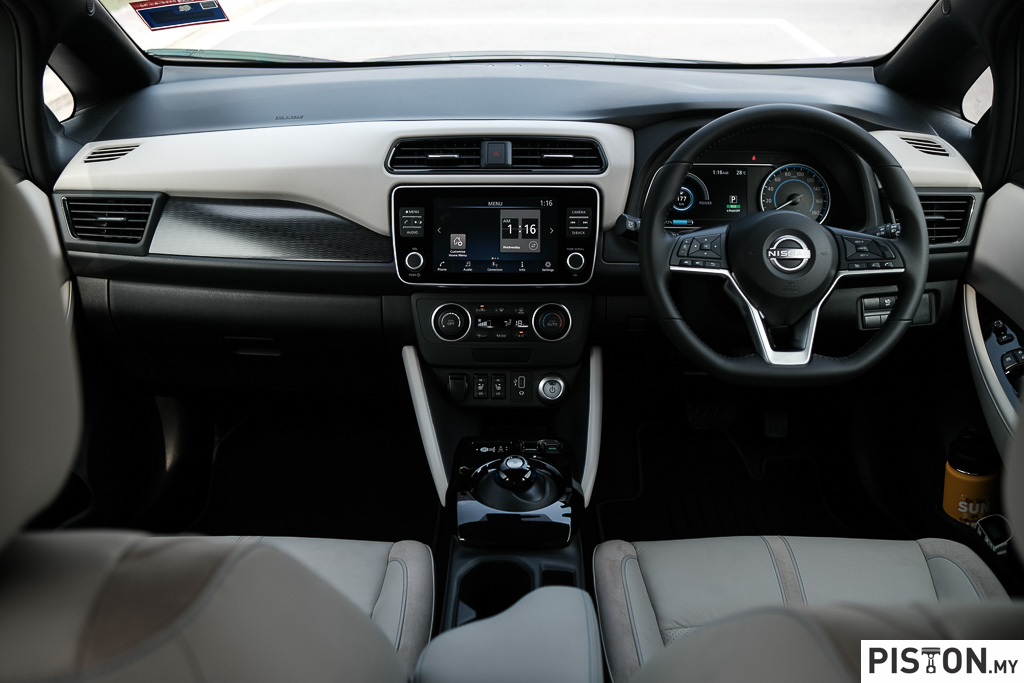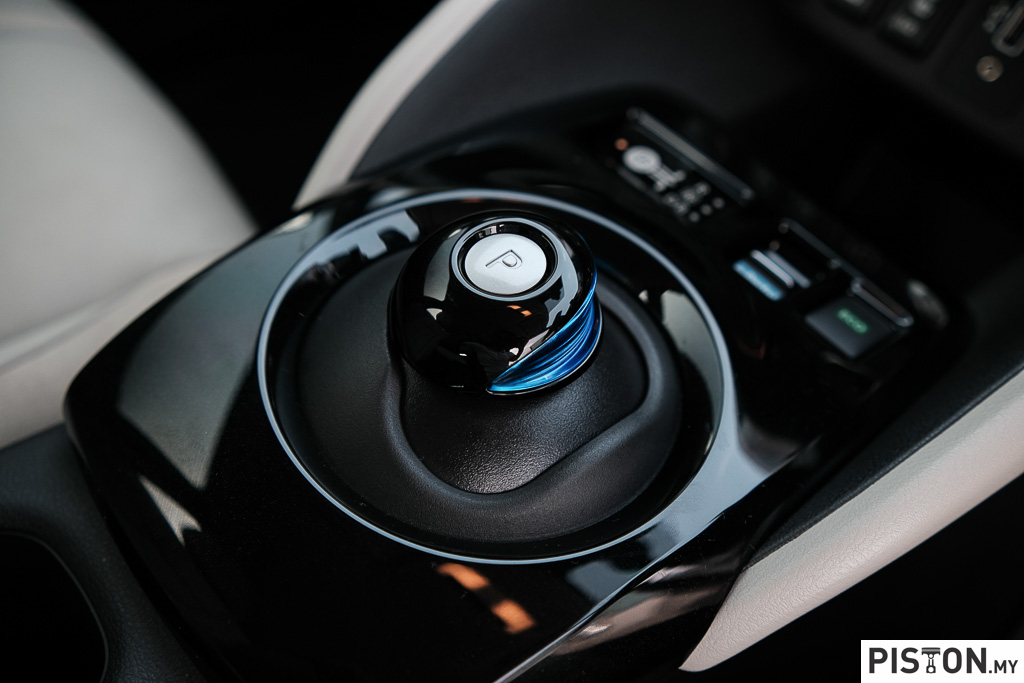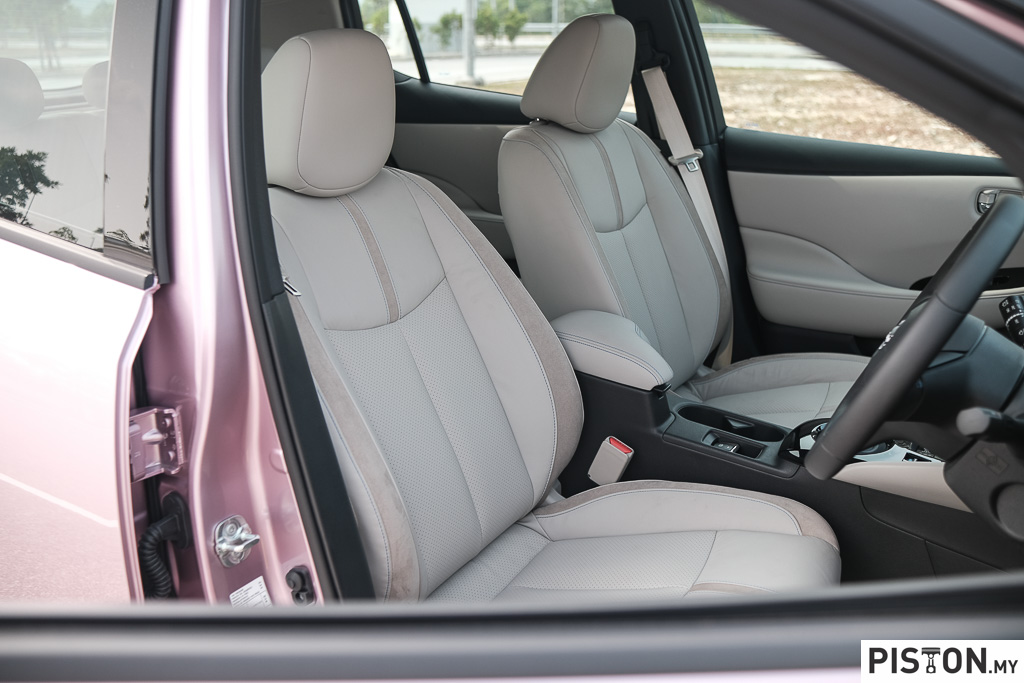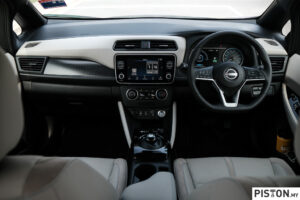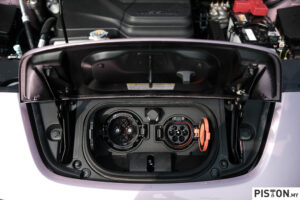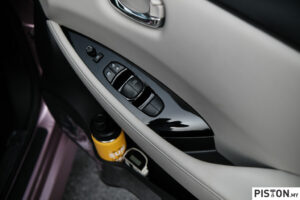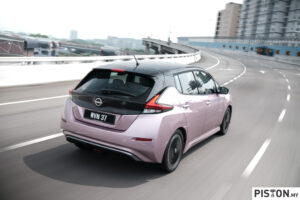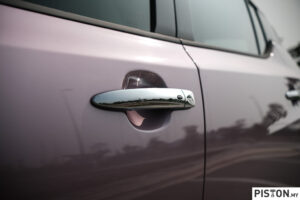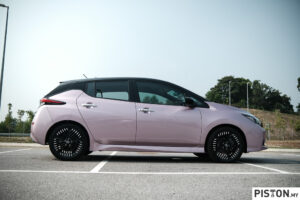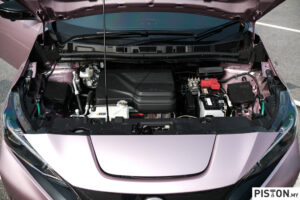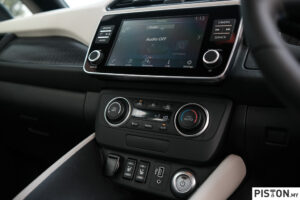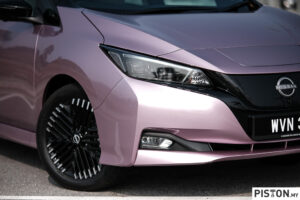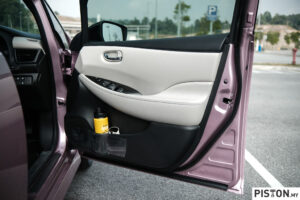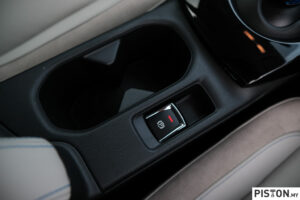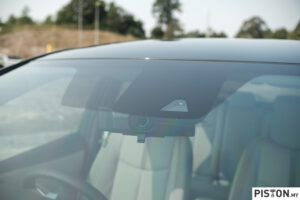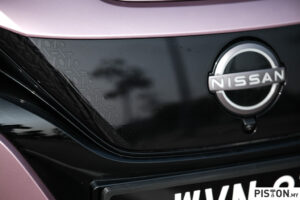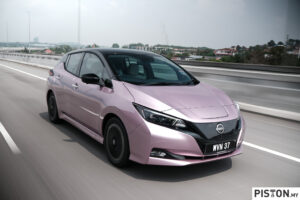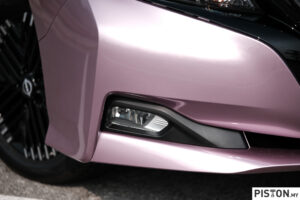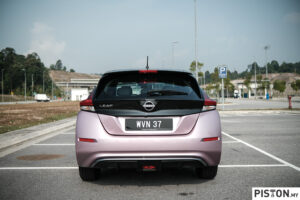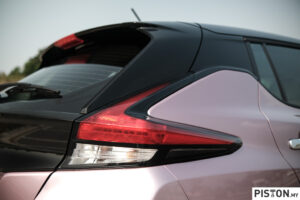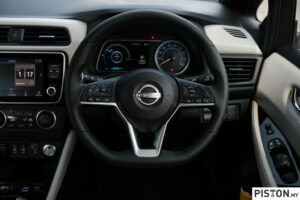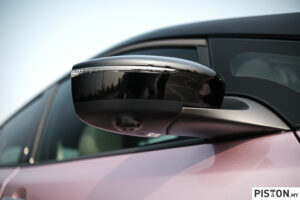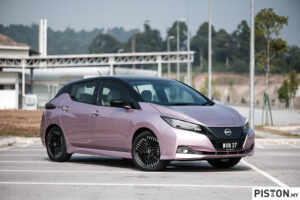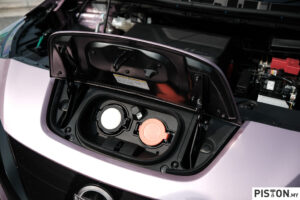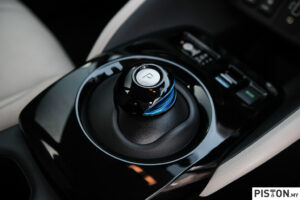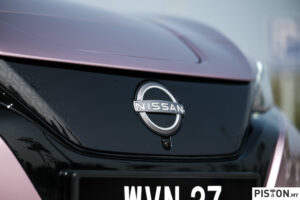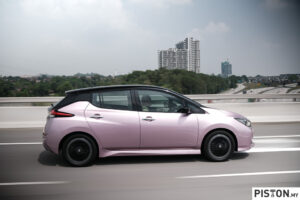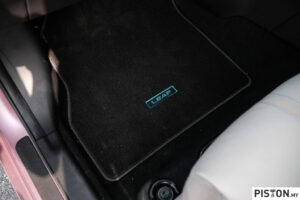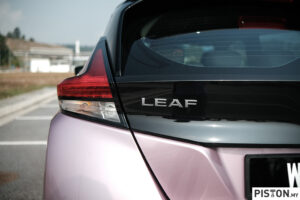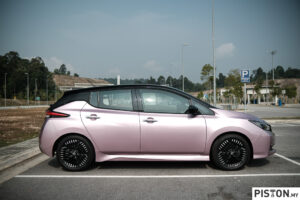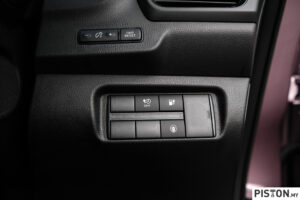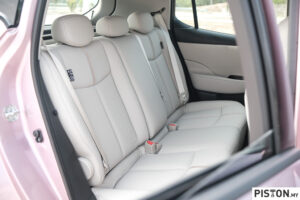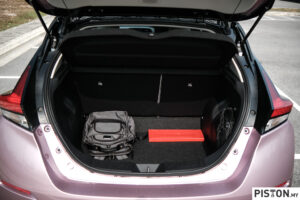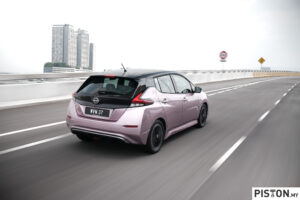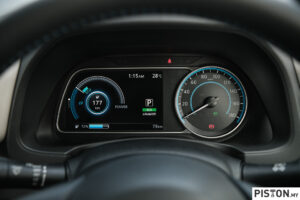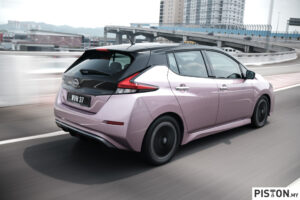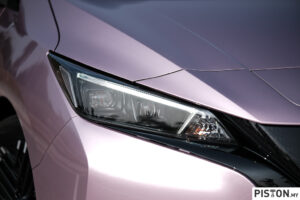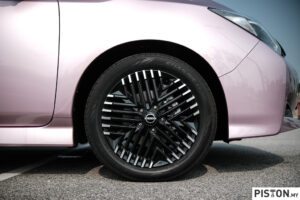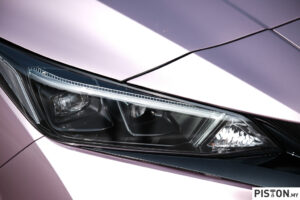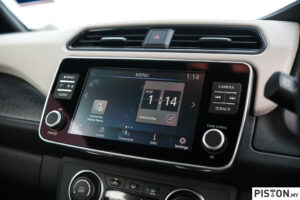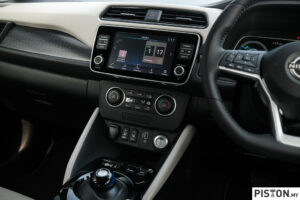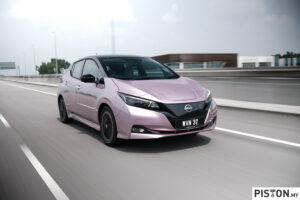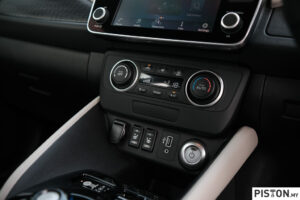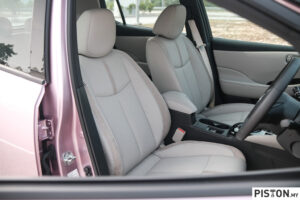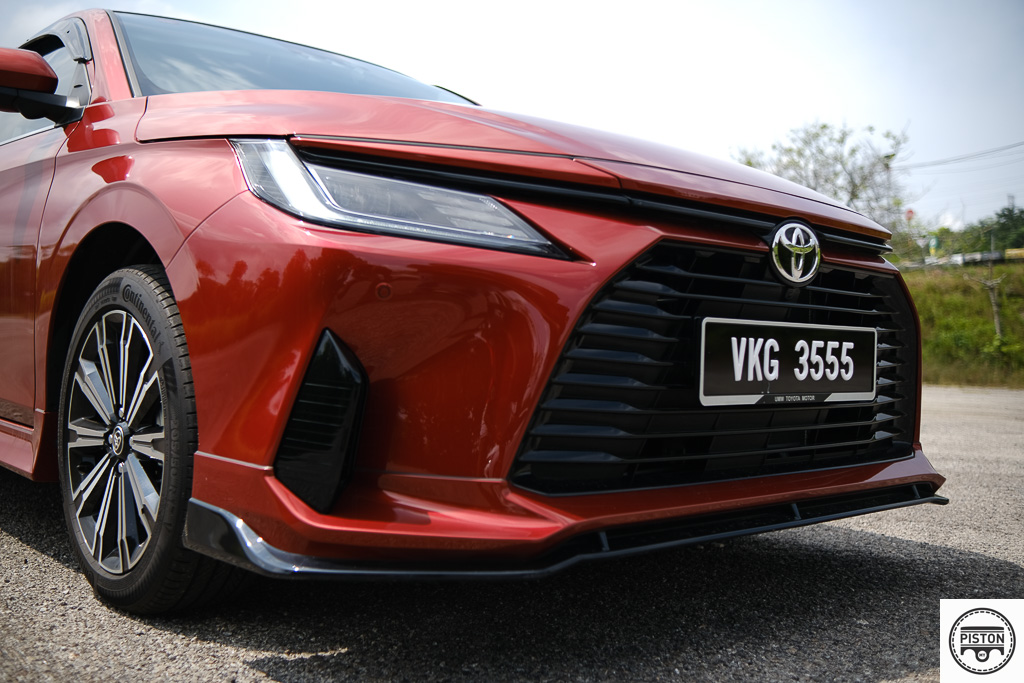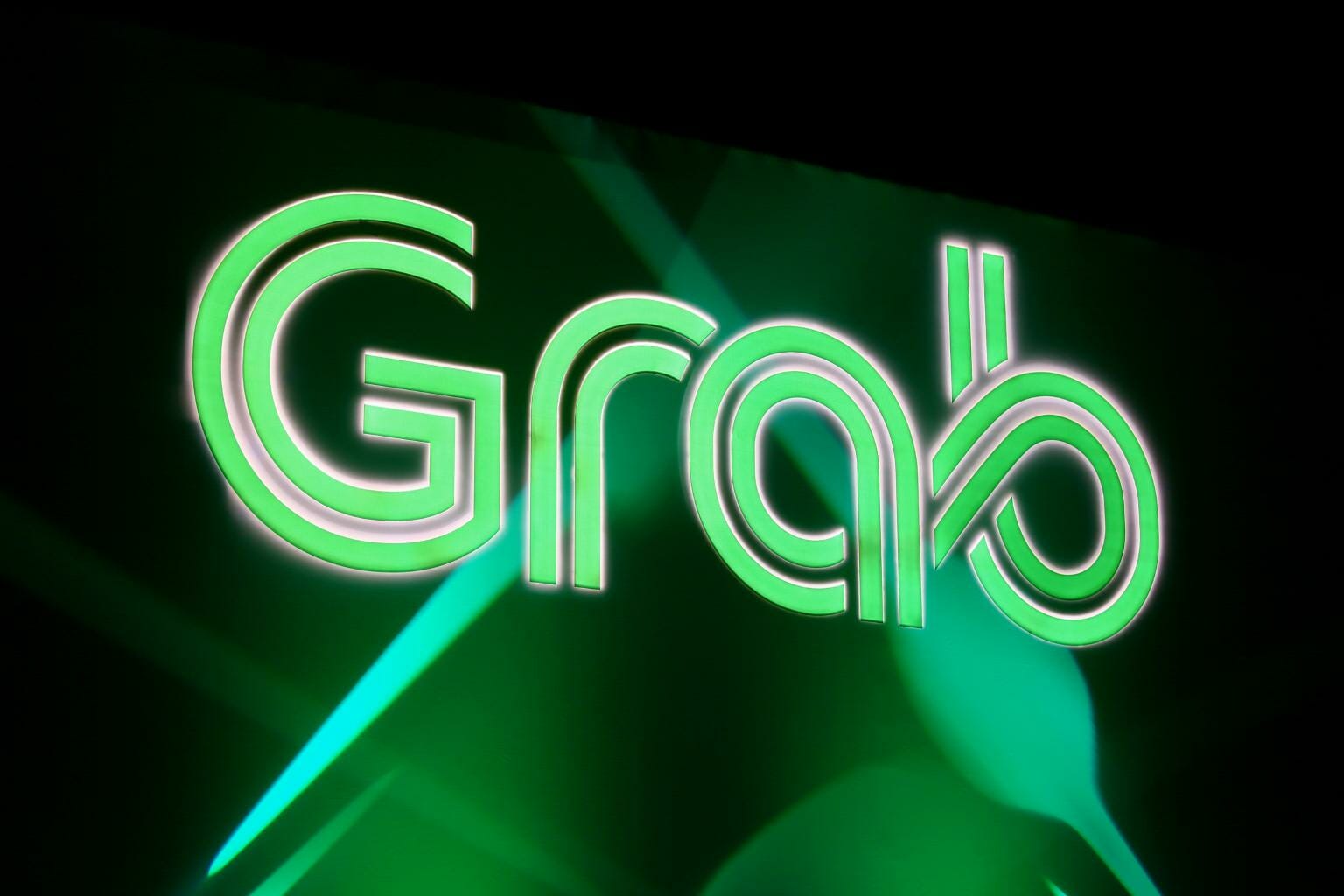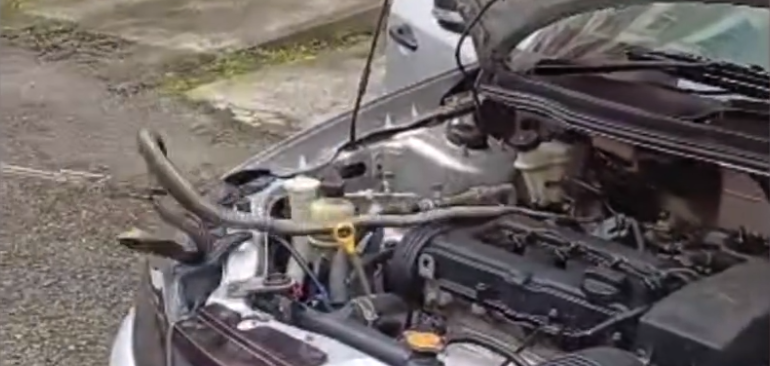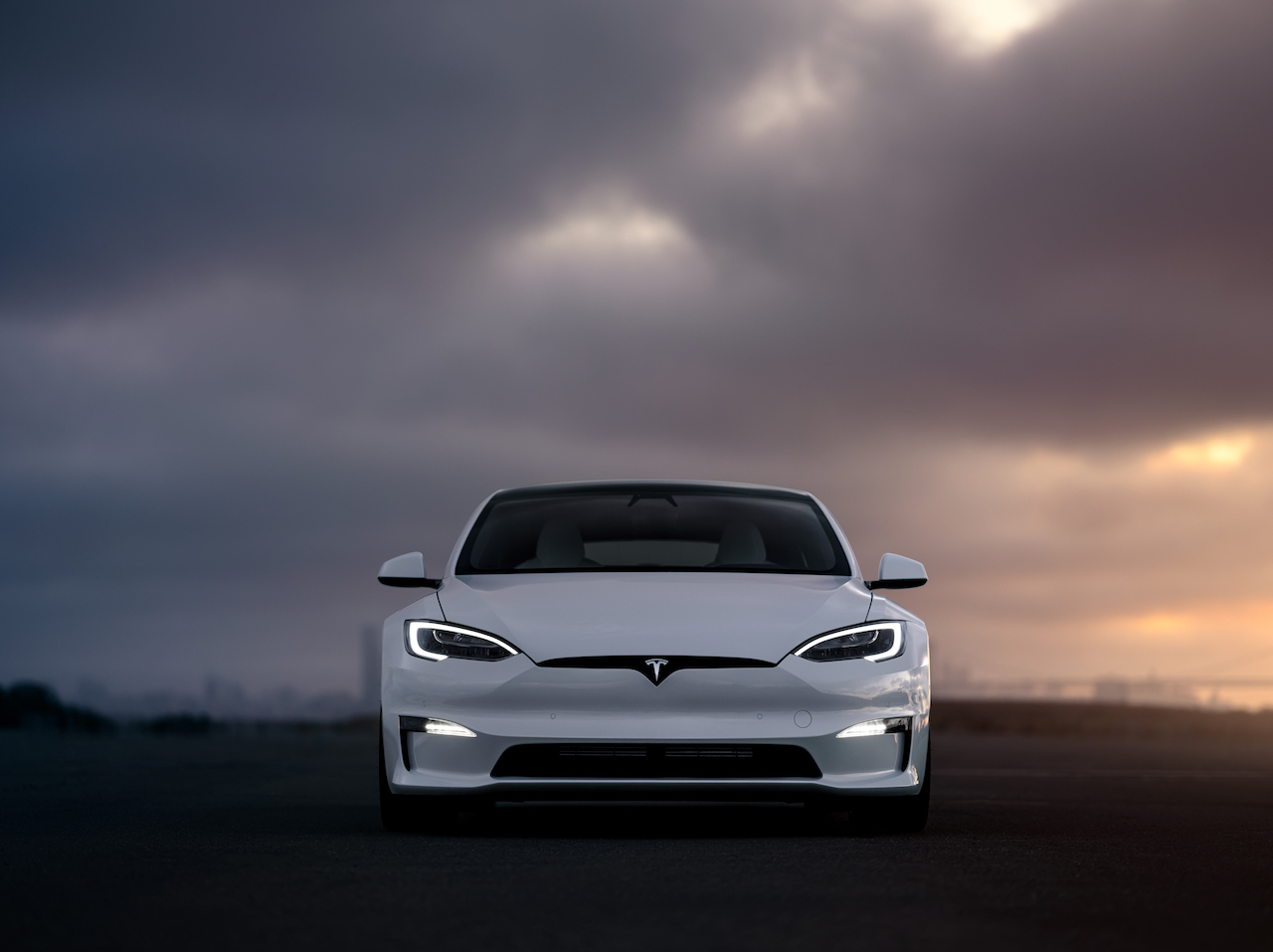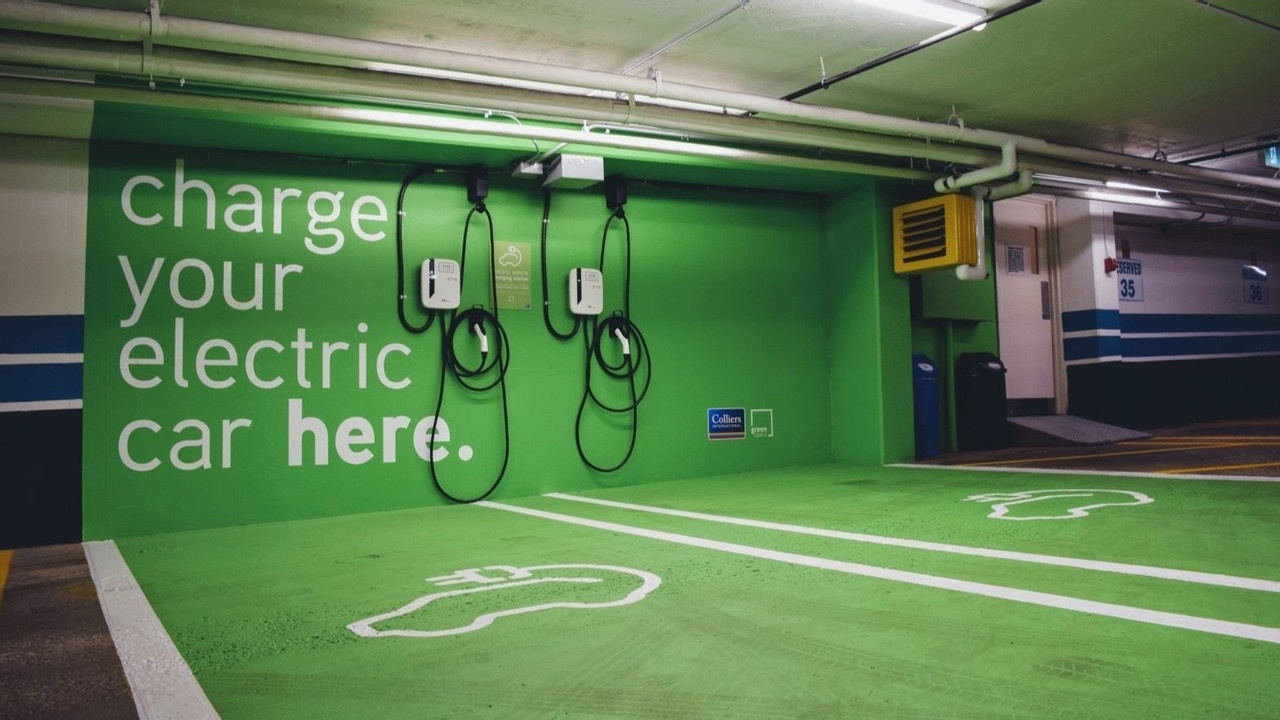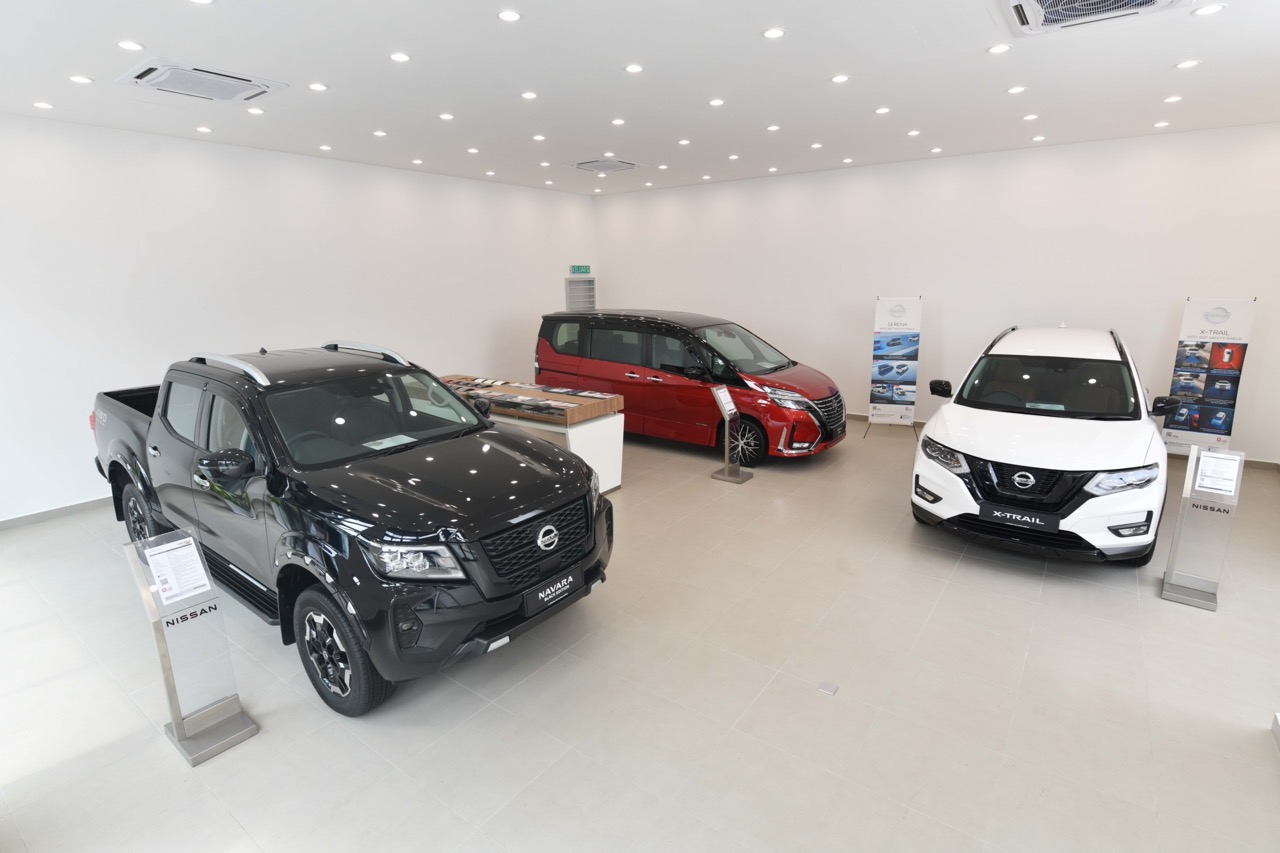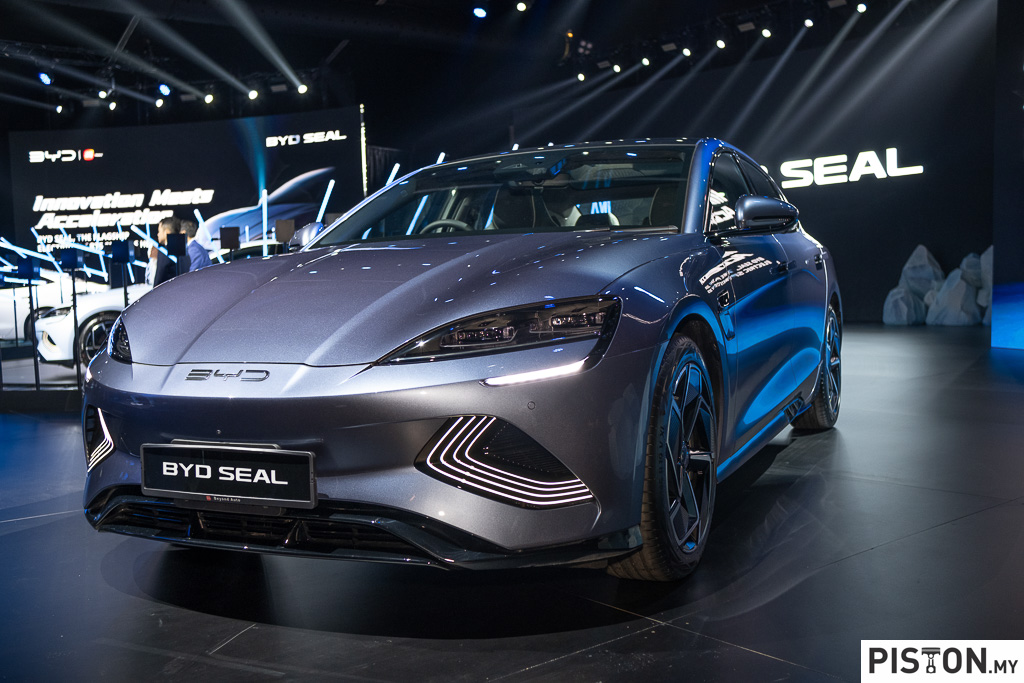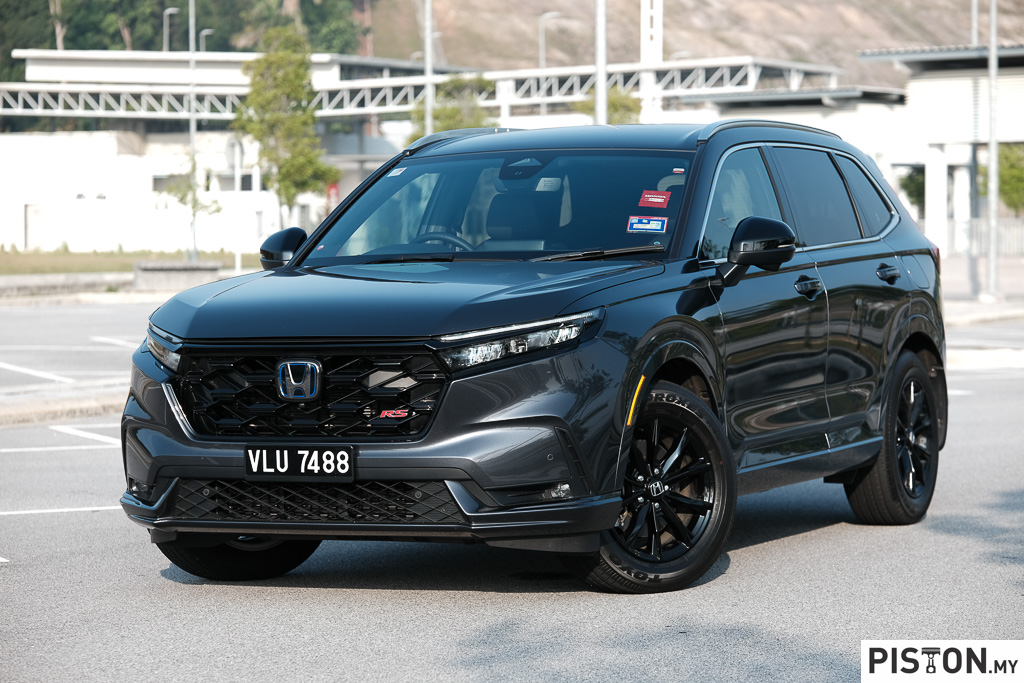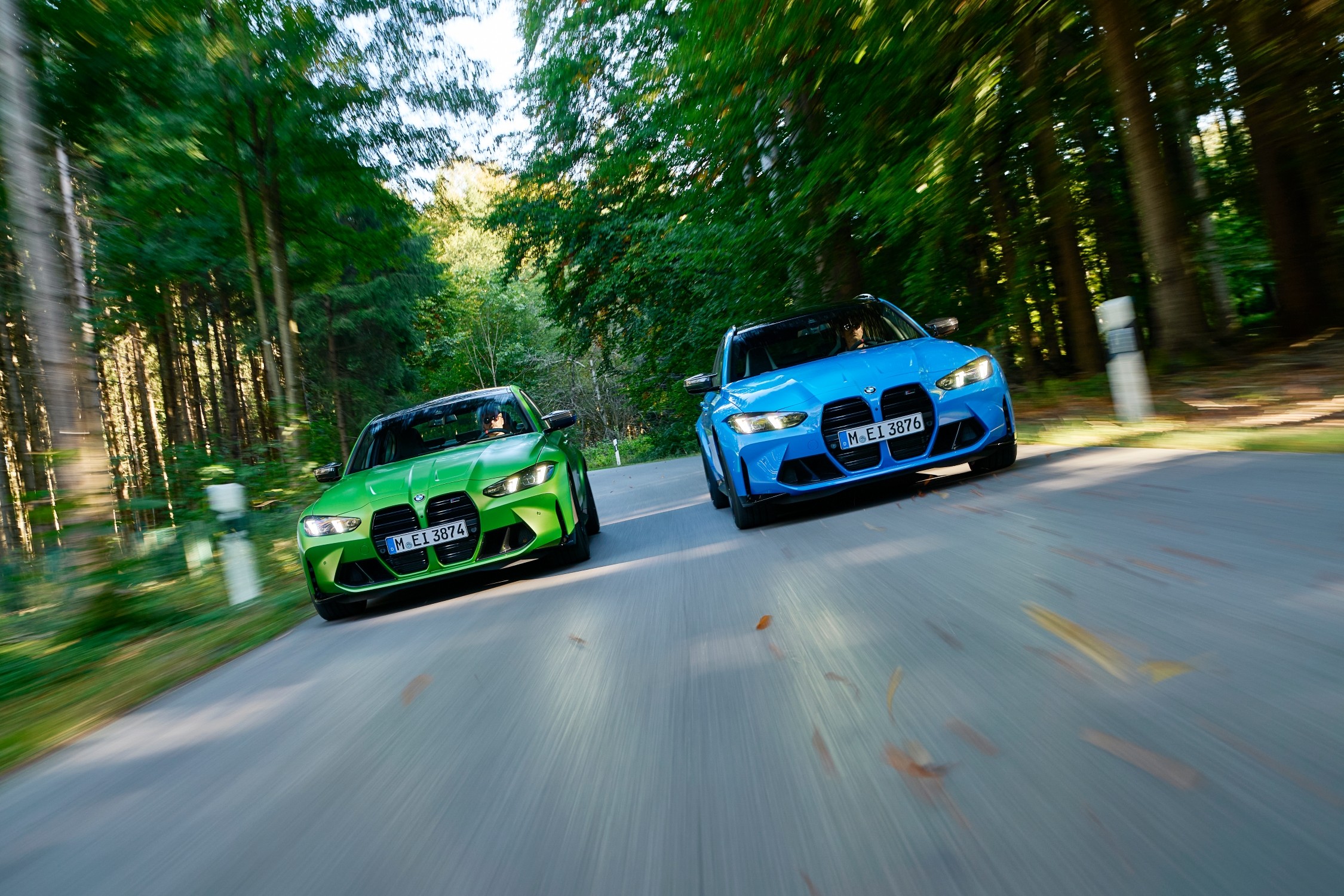Ask anyone who has been following the latest trends in the electric vehicle industry, and they would probably tell you that BYD is the most impressive EV company at the moment.
The Chinese car and battery maker has been making waves around the world for everything from its battery technology to the cars that it builds. There is little doubt that BYD is currently the best at the game.
But before BYD or any other company started making waves in the EV industry, there was the Nissan Leaf. It is widely regarded as the granddaddy of the industry and credited for laying the groundwork for others to follow, in Malaysia at least.
The Leaf was one of the first mass distributed electric vehicles that Malaysians could buy. The first-generation model was introduced in Malaysia by Edaran Tan Chong Motor (ETCM) at the 2013 Kuala Lumpur International Motorshow. Back then it was priced at RM168,800.
The Nissan Leaf was also the world’s best-selling electric car up until 2020 when Tesla snatched the crown which it then subsequently lost to BYD in 2023.
The first-generation Leaf (above) was more of a novelty car, a toy even. With a range of just 195km, it did not go very far, but it found love in a number of homes, enough to convince ETCM to introduce the second-generation model.
The second-generation Nissan Leaf was introduced to Malaysians about four years ago, and since then it has been constantly overshadowed by stiff competition from China.
While the Leaf may have chartered the path for the other brands to eventually make inroads to the Malaysian market, it has ultimately been beaten at its own game. Or has it? Let’s first look into the numbers.
The Leaf costs RM168,888 without insurance and comes with a three-year or 100,000km warranty on the vehicle as well as an eight-year of 160,000km warranty on the battery.
For that money, you get an EV that has a 311km range on the NEDC cycle, but we saw a range of about 230km with the battery at 98% state of charge.
The sole electric motor that the Leaf is powered by is rated at 150PS and 320Nm of torque that drives the front wheels. The sprint to 100km/h is done in 7.9 seconds while top speed is rated at 155km/h.
Charging the Leaf can be done in about seven hours with a 6.6kW AC charger, or an hour using a 50kW DC charger. However, the Leaf will also happily charge up using your home’s 3.6kW three-pin-plug, and that will take you 12 hours.
Now for comparison’s sake, lets dive into the numbers of what is arguably Malaysia’s most popular EV for the moment – the BYD Atto 3.
BYD’s SUV comes in two variants, the standard range, which is priced at RM149,800 and the extended range, which has a price tag of RM167,800. There are some discounts that are currently being offered which drops the price of the Atto 3 by a further RM20,000, but for the sake of this article, we will ignore that just to make it a level playing field for the Leaf (though it really isn’t).
Since the extended range (ER) is more closely priced to the Leaf than the standard, we shall use that for comparison. The ER has a 60.48kWh battery that offers a 420km range. It sends 204PS and 310Nm of torque to the front wheels while the sprint to 100km/h is done in just 7.3 seconds.
The Atto 3 is built on a 400-volt platform and that allows it to support 7kW of AC charging and up to 80kW of DC charging. The latter will let you juice up from zero to 80% in just 45 minutes.
The Atto 3 also has vehicle to load capability, which lets you power up appliances such as a small coffee machine or a kettle, making the car ideal for picnics or camping by the beach.
But that is not all, the Atto 3 also utilises a BYD’s proprietary Blade Lithium Iron Phosphate battery, which is widely regarded as the safest battery in the industry.
The Atto 3 also has a better interior with a rotating infotainment screen, a full-sized panoramic sunroof, wireless Apple CarPlay and can even be locked or unlocked using a NFC key card.
The BYD Atto 3 is obviously the clear winner in the battle of the spec sheets. But anyone who buys the Atto 3 or any other EV in the country, is taking a step into the unknown.
Because the EV industry is still in its infancy, the market does not have a clue about how used EV’s are going to be accepted. In the UK for example, used car dealers are shunning used EV’s because they argue that the batteries of the used EV’s cannot hold as much charge as when they were new. This impacts range, which is an inconvenience, and replacing the batteries is very expensive, and buyers are aware of that and steer clear of used EV’s.
And then there is the issue of battery replacement. Should an EV owner wish to hold on to the car longer than the eight-year warranty that most manufacturers provide for their cars, there is a good chance they will have to take on the cost of battery replacement, or deal with battery degradation.
This is where the Nissan Leaf provides an ideal solution. ETCM has come up with a plan where you don’t buy the Leaf in the traditional sense, but rather you lease the car from the company, or subscribe to it, which is just a play on words that means the same thing. This might sound weird to some of the traditionalists, but it makes perfect sense, especially when it comes to an EV.
Called the Leaf Subscription Plan, the plan requires no down payment, and the monthly payments are just RM1,800 for a three-year contract. At the end of the contract, you can simply return the car.
This makes perfect sense for several reasons. For starters, you don’t have to deal with depreciation of the car, which is one of the main hole burners in your pocket. And then you don’t have to worry about disposing the car in the event you want to upgrade to a bigger car.
And most importantly and perhaps the biggest relief is not having to worry about the cost of the battery in the event it needed replacing. Sure, you would have paid RM64,800 at the end of the contract, but that is still much better than having to deal with depreciation or any unplanned maintenance issues.
This alone makes the Nissan Leaf a viable choice as your first EV or perhaps a second car. If your lifestyle revolves around the city and you don’t usually travel more than 30 to 50km per day, then the Leaf would be ideal. You don’t even have to worry about installing a wallbox since the Leaf can be charged with a domestic socket. And if you live in a high-rise building, then being able to charge up using an AC or DC charger is convenient as well.
For the purpose of daily use, the Leaf offers Apple CarPlay, Android auto and arguably some of the most comfortable seats in its segment. In fact, the Leaf is ideal for life in the urban jungle. Even its size makes it easy to live with, offering enough space for luggage and for five average sized adults to get comfortable in.
If safety is of concern, the Leaf has you covered as well, offering six airbags, and Nissan Intelligent Mobility systems, which is basically Nissan’s way of saying the car comes with advanced driver aid systems (ADAS).
So, if the EV bug has been gnawing at you but you have been hesitant to take the leap, then perhaps dipping your toes into the segment with a leased EV would make better sense than simply leaping blindfolded into the unknown. And though the Leaf may be outgunned and outpowered by the competition, but it is the only EV in the market you can lease now. So no, it has not been beaten at its own game, the Leaf simply changed the game, and won.
Specifications:
Motor: 110kW AC Synchronous Electric Motor
Power: 150PS
Torque: 320Nm
Range: 311km (NEDC)
Charging: 1 hour (50kW DC) 7 hours (6.6kW AC) 12 hours (3.6kW AC)
Price (As tested): RM168,888 (RM1,800 per month on subscription)
We like: You don’t have to buy it, can charge anywhere
We don’t like: Range, feels basic



